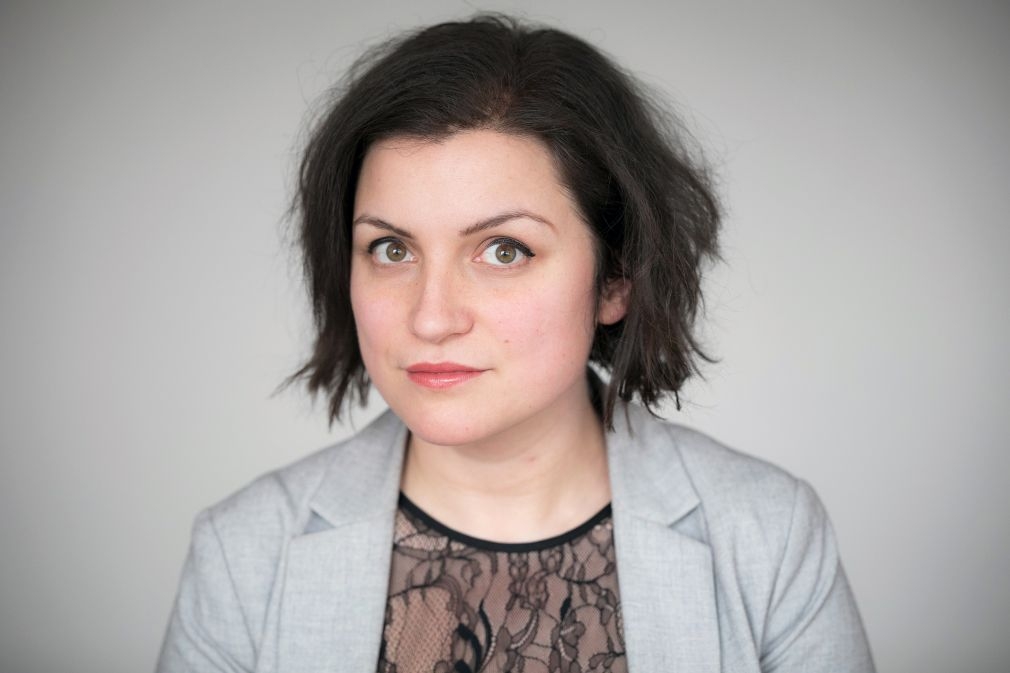Turkish President Recep Tayyip Erdogan paid a two-day official visit to Budapest on October 8-9. He held talks with Prime Minister Viktor Orbán and President Janos Ader, attended the inauguration of the revamped Tomb of Gül Baba and the National Trading House’s Hungarian-Turkish business forum.
Speaking at their joint press conference, Viktor Orbán showed a friendly and pragmatic attitude towards Turkey, stressing the country’s relevance in Hungary’s economic and security interests. “Hungarian foreign policy must at all times pay particular attention to three capital cities: Istanbul – which today has been replaced by Ankara; Moscow; and Berlin. These represent the three great powers and large countries within whose sphere of influence Hungary has lived its life for many hundreds of years,” the prime minister said, reiterating an important principle of Hungarian diplomacy that he has already mentioned a few years ago. He called for “balanced, well-ordered and positive,” reminding that “the security of Hungary is directly related to the stability of Turkey,” as “stable Turkish government and a stable Turkey are essential for ensuring that Hungary faces no threats of any kind on the land route for migration”.
It’s important to mention that in 2016, Hungary’s government warned the European Union about the possible consequences of the agreement with Turkey. Minister of Foreign Affairs and Trade Péter Szijjártó said that it’s irresponsible for the European Union to sign a deal with Turkey, when the bloc is vulnerable because it’s not able to protect its own borders. After the deal was made, he also said that it was the EU that gave the keys to its own security to Turkey.
This brings us to another interesting part of the already mentioned joint conference, where Orbán and Erdogan discussed the state of Turkey’s EU accession talks. Hungary’s prime minister said that “so far Hungary has supported Turkey, and will continue to do so in the future,” accusing the EU of being “insincere” towards Turkey. Orbán called for a broad security and economic agreement with Turkey, adding that it would be necessary if the EU wants to regain its global relevance.
Turkey’s EU membership – as Sebastian Kurz already said in 2016 – is so far fiction, as major members states are opposing it. According to Orbán – as he said in a radio interview after Erdogan’s visit –, the structure of the Turkish state is an internal affair, and he has “always kept Hungary away from the bad western European attitude” of lecturing other states on how to behave.
In the radio interview, Orbán referred to his left-liberal opposition who slammed him for meeting “a fellow dictator”. A more substantial criticism came from the Hungarian organisation of Generation Identity, who held a demonstration by the renovated tomb, reminding that Gül Baba was was an Ottoman Bektashi dervish poet who took part in the invasion of Buda in the 16th century, “an absolute symbol of Jihad and Islamisation”, and his tomb is one of the northernmost place of Muslim pilgrimage. In his speech and videos, GI leader Ábel Bódi – who was recently interviewed by Demokracija – called Erdogan the only politician who openly stands for the Islamisation of Europe by – among other things – operating a network of mosques in Germany who are following central directives from Turkey and by effectively urging the Turkish diaspora not to integrate. He also heavily criticised Erdogan’s intervention in Syria and reminded that Turkey’s president is threatening Europe with “releasing” millions of migrants to Europe.
To sum up, the current situation with the migration deal is something that Hungary’s government wanted to avoid in the first place, but nevertheless it recognises that Turkey respects the deal. Regarding the accession talks, Orbán didn’t explicitly say he wants Turkey to join the EU, but he didn’t side with – for example – Austria’s government in explicitly rejecting it. The European Union has navigated itself into a dangerous situation by signing a deal that makes it vulnerable to Turkey. It’s worth mentioning that at the press conference Erdogan noted that Turkey’s patience is about to end.
Mariann Őry, head of the foreign desk at Hungarian conservative daily newspaper Magyar Hirlap

